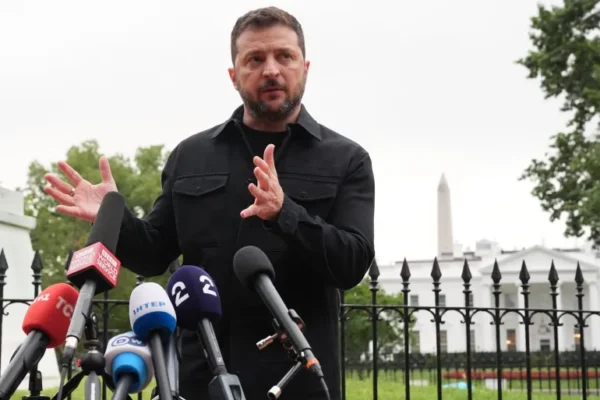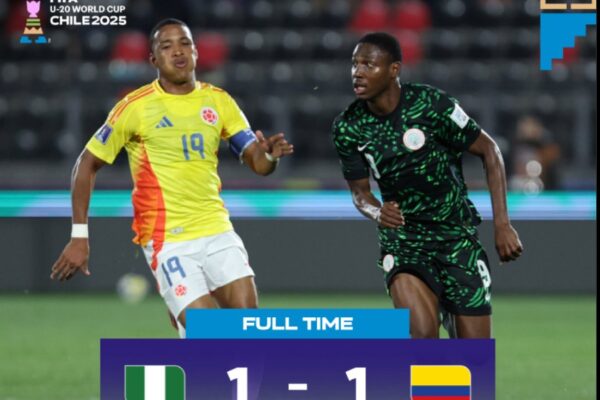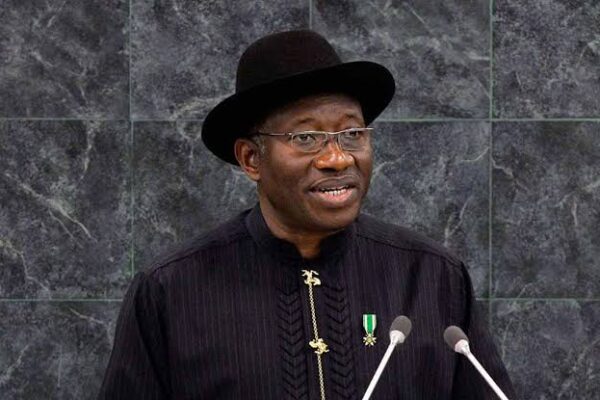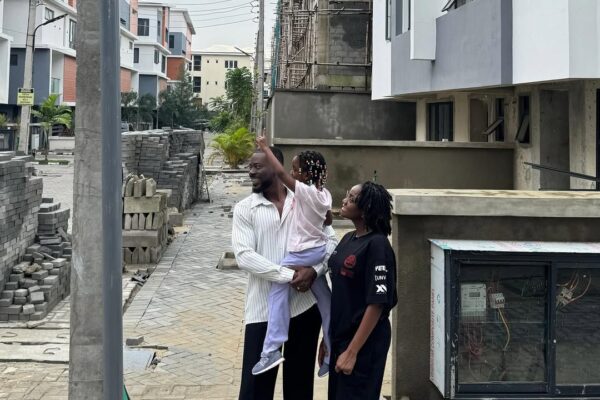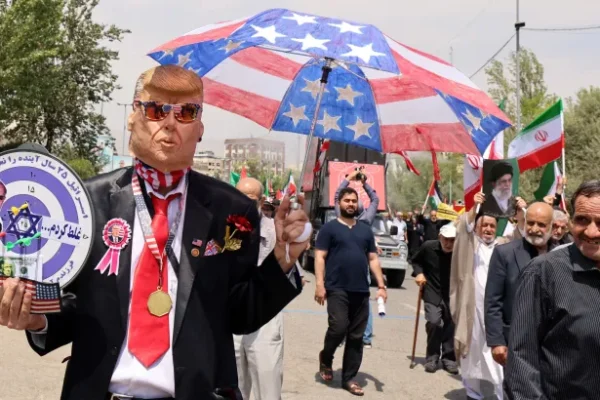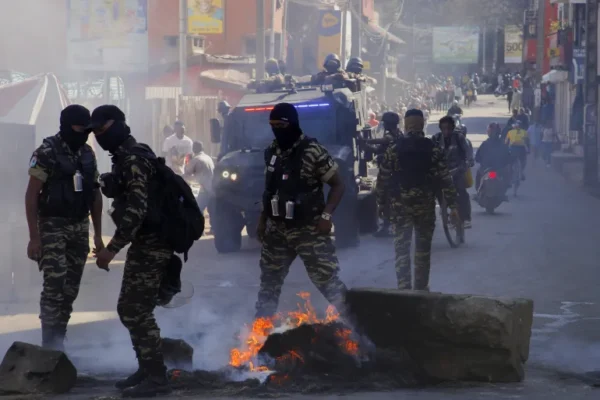
Madagascar Protests Enter Third Week as Anger Over Power Cuts and Corruption Grows
Anti-government demonstrations have intensified across Madagascar, entering their third consecutive week as protesters demand the resignation of President Andry Rajoelina over worsening living conditions, corruption, and crippling power outages. Police fired tear gas on Monday to disperse large crowds in the capital, Antananarivo, where protesters — many of them university students — blocked roads and burned tyres. Similar rallies were reported in the coastal cities of Toliara and Antsiranana (Diego Suarez). According to the United Nations, at least 22 people have been killed and more than 100 injured since the protests began on September 25, though the government has disputed those figures. Initially sparked by anger over frequent water and electricity cuts, the protests have since evolved into a broader movement denouncing government mismanagement and corruption. Organised by Gen Z Madagascar, a youth-led civic group that describes itself as peaceful and inspired by movements in Nepal and Morocco, the demonstrations have quickly gained traction nationwide. Only about one-third of Madagascar’s 30 million people have access to electricity, according to the International Monetary Fund (IMF). Daily blackouts often last up to eight hours, and the state-owned utility Jirama has been widely accused of corruption and inefficiency. “People don’t have refrigeration for medication or water for basic hygiene — and then there’s massive corruption,” said Ketakandriana Rafitoson, Global Vice Chair of Transparency International. “These protests were triggered by visceral grievances that go to the heart of daily life.” The unrest has at times turned chaotic, with police using rubber bullets to clear crowds and several shops looted in Antananarivo. The homes of some lawmakers were also vandalised. Authorities have since imposed nighttime curfews to limit gatherings. President Rajoelina, 51, who first seized power in a 2009 military coup before returning through elections in 2018, now faces the most serious challenge to his rule in years. In an apparent attempt to calm tensions, he dismissed his cabinet last week, but protesters have vowed to continue demonstrations until he steps down. A government spokesperson told Reuters that efforts to open dialogue have failed: “Unfortunately, despite our attempts, no clear or structured leadership has emerged to engage in constructive talks.” Rajoelina has rejected calls for his resignation, accusing opponents of trying to “destroy our country.”


